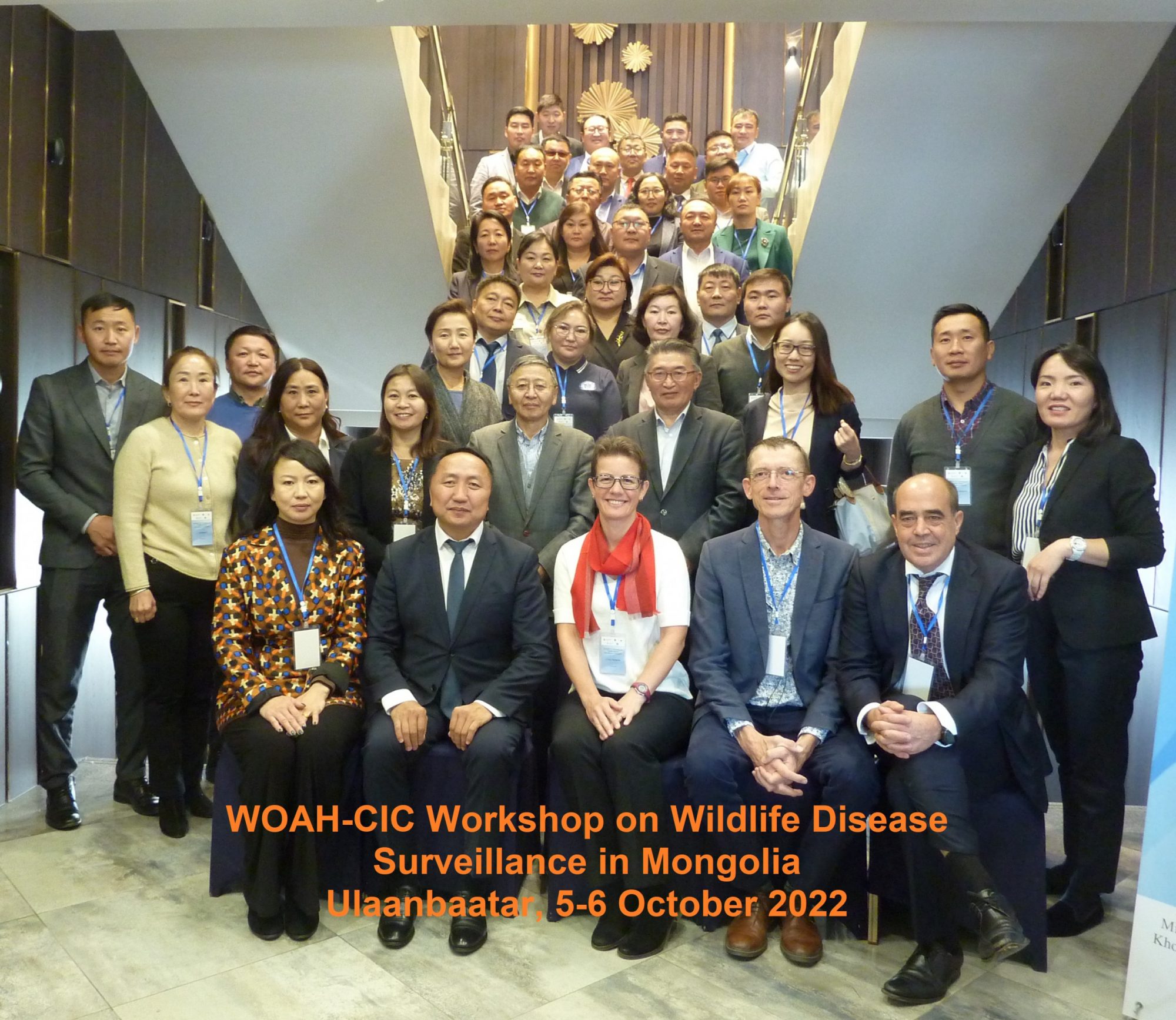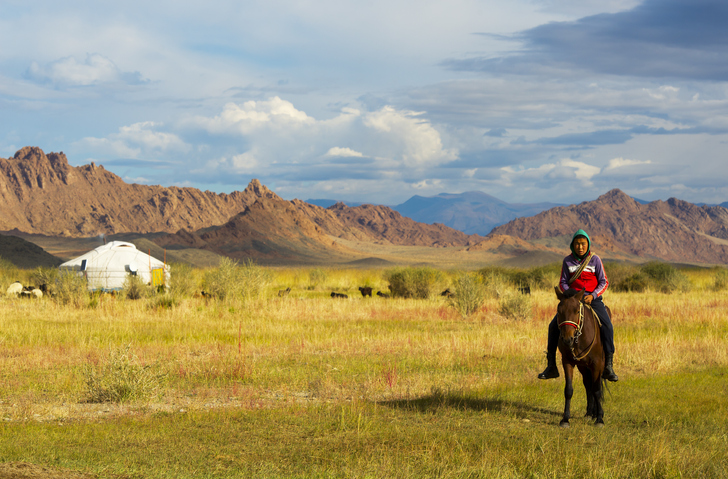Mongolia’s unique ecosystems and cultures come with an equally unique set of wildlife management challenges
Sandwiched between Russia and China lies a country whose vibrant ecosystems and rich cultures punch above its recognition worldwide. Rugged landscapes, iconic species and countless recognitions on UNESCO’s World Heritage and Intangible Cultural Heritage lists, Mongolia is a treasure trove that is representative of the beauty our planet has to offer. However, Mongolia’s unique ecosystems and cultures come with an equally unique set of wildlife management challenges.
Mongolia’s wildlife and people face a crisis
Driven by global pressures such as climate change, urbanisation and diseases, Mongolia’s wildlife and people face an oncoming crisis.
Endemic species like the Przewalski’s horse are under immense threat. So too are the livelihoods of the Mongolian nomadic herders, whose pastoral way of life could soon become a remnant of the past.
With these pressures creating simultaneous stresses on the animal, human and veterinary health sectors, it is natural to consider solutions that tackle the issues in a unified, multifaceted way.
This is the precise reason why Mongolia has been taking steps to launch its One Health Programme.

One Health approach in Mongolia
One Health is an integrated approach that looks to sustainably balance and optimise the health of people, animals and ecosystems. It recognises that the health of humans, wildlife species and the wider environment are closely linked and interdependent.
For Mongolia, the programme will specifically aim to build up the country’s resilience against wildlife diseases, including zoonoses. The COVID-19 pandemic serves as a stark example of the existential threat that can arise from wildlife borne diseases, as well as our collective need to take action now by making fundamental changes at all levels of society.
The CIC and the World Organisation for Animal Health (WOAH) kicked off the process to build Mongolia’s One Health programme in 2022, organising a series of capacity-building workshops that brought state, civil and local stakeholders together as part of an interdisciplinary exchange of ideas and practices.
These workshops culminated in Mongolia receiving funding for its plans from the Nature for Health (N4H) Initiative, which aims to prevent pandemics and associated health concerns by supporting One Health efforts.
Supporting long-term actions in wildlife health
With funding secured in late 2022, work to build a national programme of action has started, with WOAH acting as the primary implementing agency of N4H in Mongolia.
As part of this process, the CIC and WOAH signed a three-year cooperation agreement (2023-2026) with a view to support long-term actions in wildlife health. In particular, the agreement focuses on conservation through One Health, with immediate plans to take action in support of Mongolia.
Largely, cooperative activities will look to enhance awareness in hunter communities, contribute to the development of early warning surveillance systems and develop disease data collection.
Mongolian Scoping Mission
December 2023 will see the launch of a Mongolian Scoping Mission, where a project proposal will be developed with national partners to get a lay of the land and to provide a foundation on which to take steps forward.
Within the context of the Scoping Mission, a data analysis workshop will be hosted by the CIC based on the central themes of detection and prevention.
The CIC and the wider sustainable use sector serve as a natural starting point for these discussions. Hunters are well placed to act as sentinels in early disease detection, given their proximity to nature and inherent knowledge of wildlife management systems.
Unusual cases involving sick animals or carcasses can be quickly noted by hunters – even collected through samples – and reported to authorities for early warning systems, ultimately helping prevent large scale epidemics and pandemics.
Initial plans are for this data to be reported into science-based analytical platforms, allowing users to compare and contrast information with cases in other countries. As with all data, questions remain as to how it can be best leveraged into effective action on the ground.
While we are at the starting point of this exciting initiative, positive steps are undoubtedly being taken in Mongolia; steps which have wider implications for the rest of the world and its adoption of One Health.
Mongolia is one of several countries acting as pilot nations within N4H’s wider plan of action. The successes there – as well as the lessons learned – will therefore act as crucial blueprints that could springboard similar initiatives globally.

This work is licensed under Creative Commons Attribution-NonCommercial-NoDerivatives 4.0 International.


